This website uses cookies so that we can provide you with the best user experience possible. Cookie information is stored in your browser and performs functions such as recognising you when you return to our website and helping our team to understand which sections of the website you find most interesting and useful.
Hot topic: are we doing enough to save the planet?
By Tempus | 21 February 2022
Amid calls for drastic action, world leaders gathered in Glasgow for the Cop26 summit – but have they done enough to take on the climate crisis?
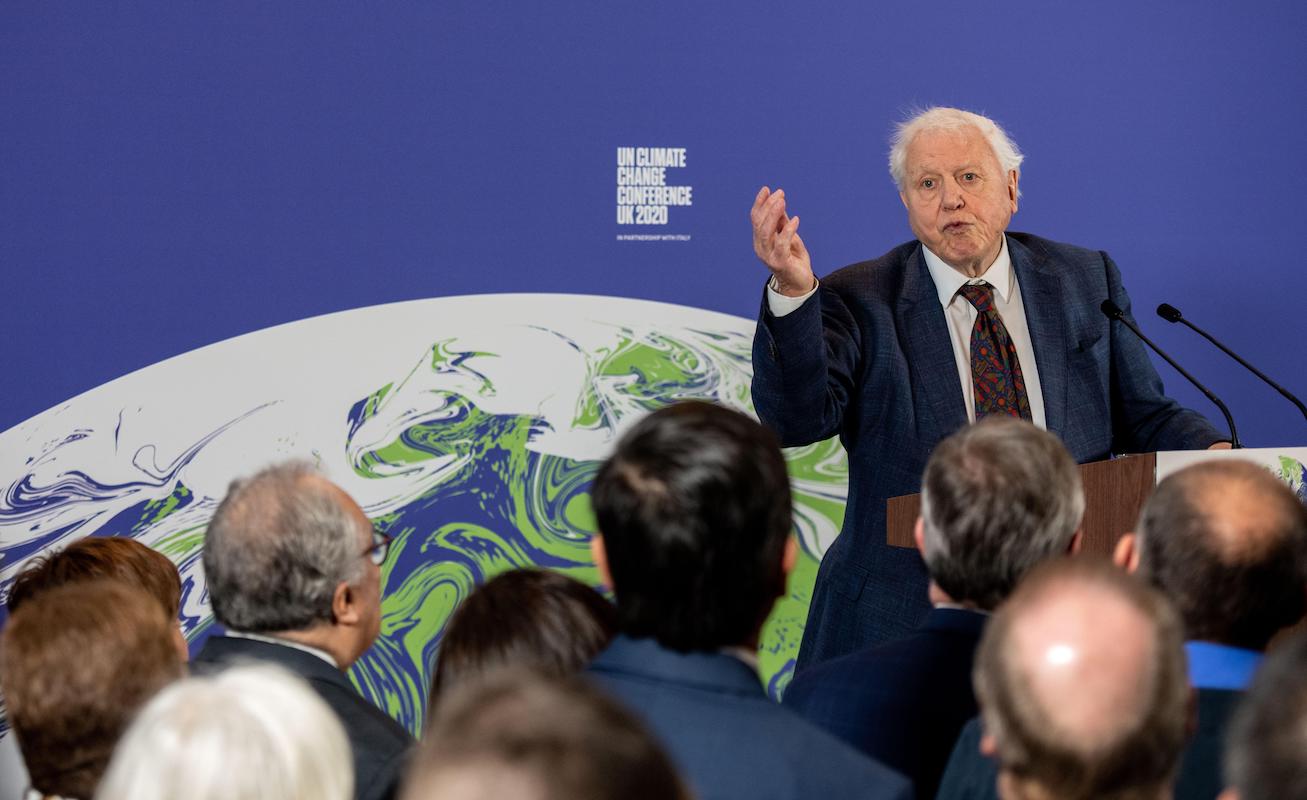
In November 2021, world leaders from almost 200 nations gathered in Glasgow for Cop26, the UN’s landmark climate change conference. More than 100 heads of government and tens of thousands of negotiators and business representatives held talks over 13 days to tackle the planet’s greatest threat: the climate crisis.
The first major event since Cop21 in Paris 2015 – and delayed for a year due to the Covid-19 pandemic – the conference, under UK presidency, saw appearences from environmental activist Greta Thunberg and Pietro Parolin, Cardinal Secretary of the Vatican, as well as Sir David Attenborough, who addressed the summit in his role as people’s advocate.
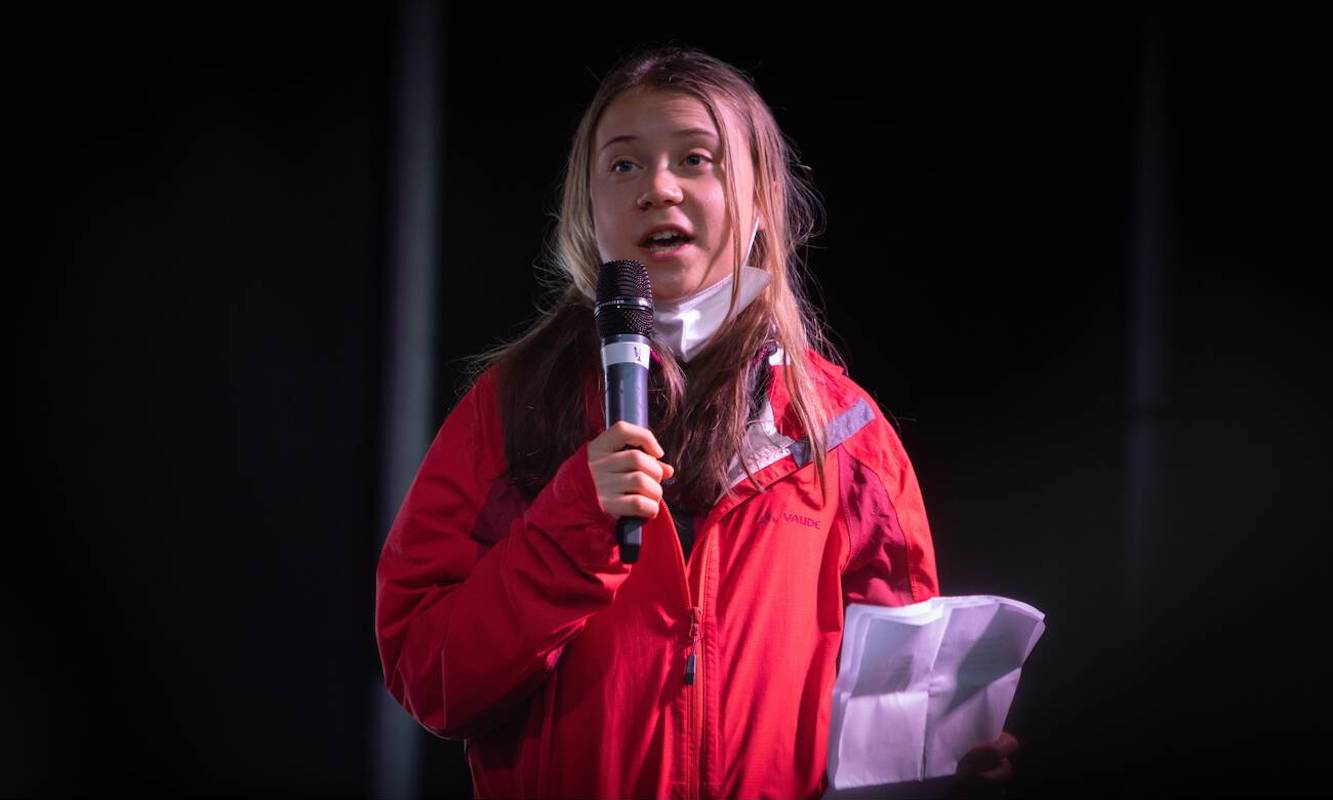
Despite the ongoing pandemic, Cop26 has been widely considered a make-or-break summit by climate experts, and the pressure to put solid plans in place for the planet’s future was immense. It was five years ago that, for the first time ever, the Paris Agreement saw every country agree to work together to limit global warming – aiming to hold temperature rises to 1.5 ̊C – by committing to national plan to reduce emissions. Yet, the commitments laid out at Cop21 did not achieve those lofty goals – and scientists and activists alike have been quick to point out just how little time we have left in which to meet the tempurature rise pledge.
And so, delegates of Cop26 assembled to agree on how to secure global net zero by mid- century, how to keep this crucial pledge within reach, and how to protect communities and natural habitats from the climate crisis.
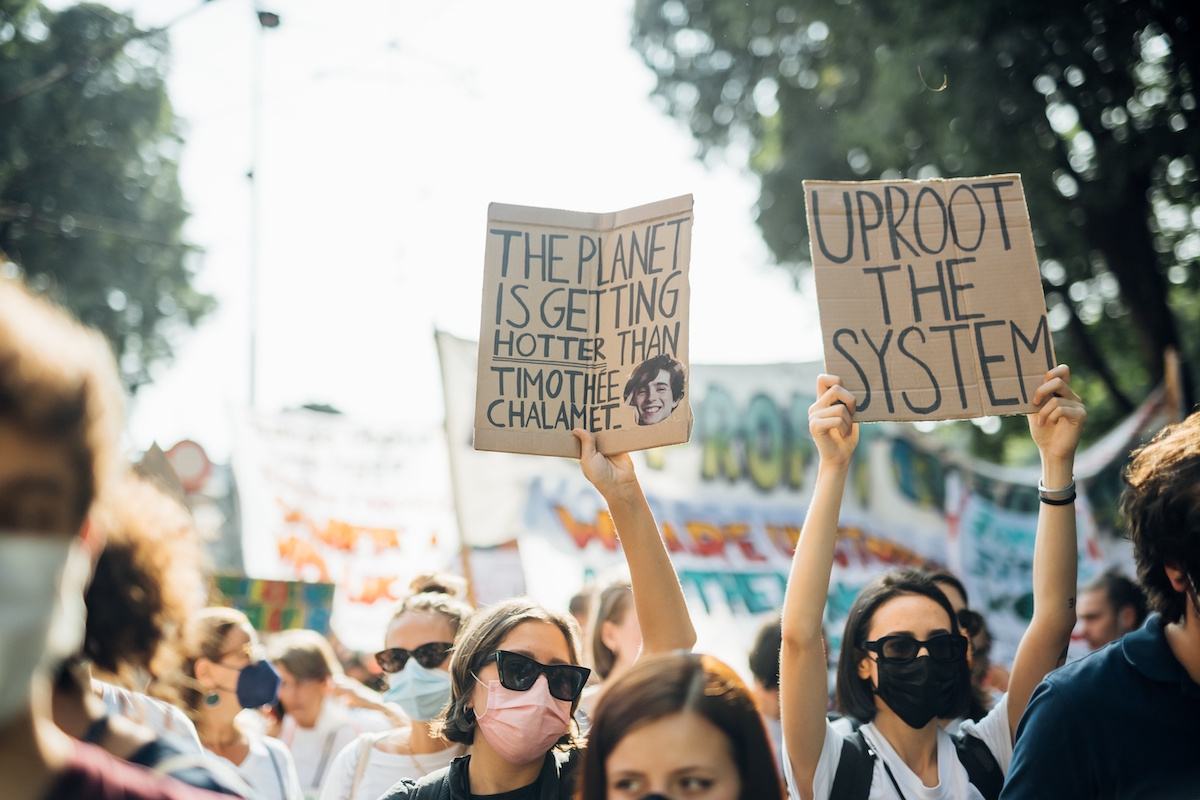
“As countries begin to recover from the Coronavirus pandemic, we must take the historic opportunity to tackle climate change at the same time – to build back better, and greener,” said Alok Sharma, Cop president- delegate, in his introduction to Cop26. “We can deliver green recoveries across the globe that bring in good jobs, trillions in investment and ground-breaking new technology. And we must.
“To keep the temperature of the planet under control the science dictates that by the second half of the century we should be producing less carbon than we take out of the atmosphere. This is what reaching ‘net zero’ means.”
Yet the results of the 13-day summit have received mixed reviews. While some success was reached in a new global agreement – the Glasgow Climate Pact – some campaigners have argued the agreement falls short.
With Cop26’s central goal of getting back on track to limit global warming to just 1.5 ̊C above pre- industrial levels, a key element of the Glasgow Climate Pact was mitigation of emissions.
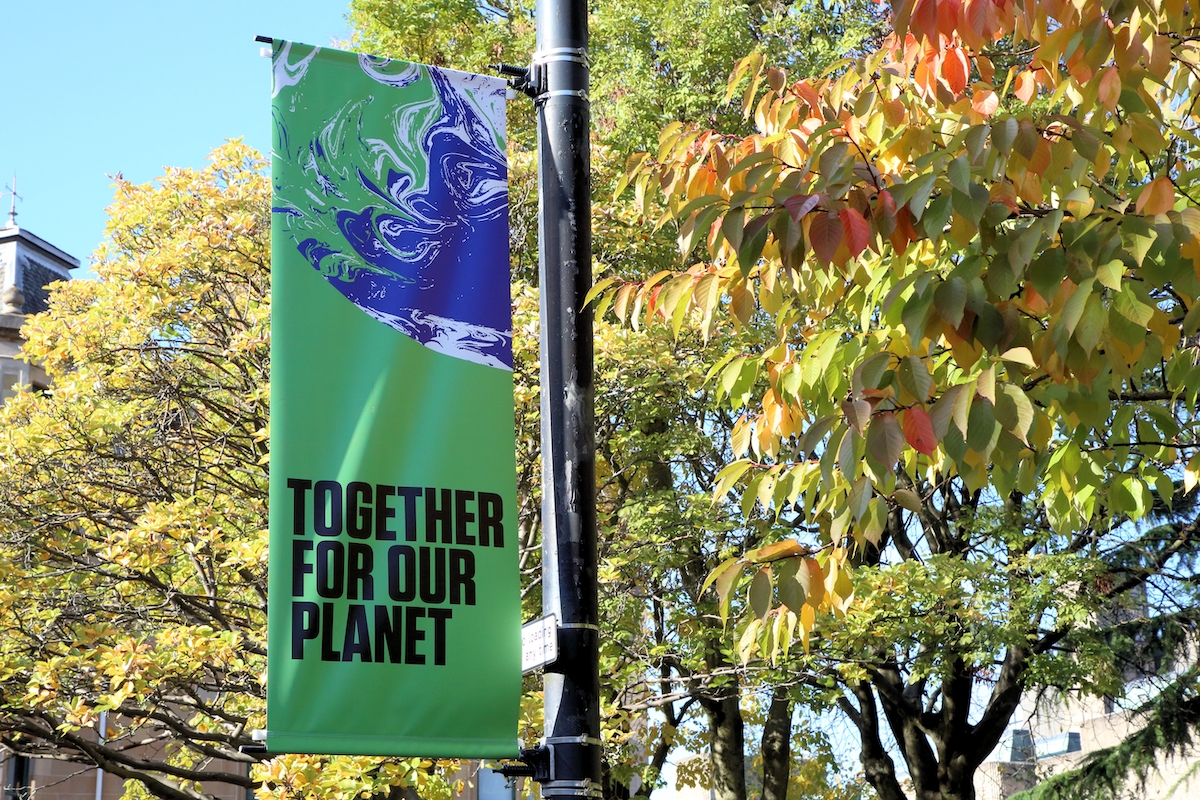
Currently, under the Paris Agreement – which outlines plans to cut emissions by 2030 – countries are only required to update their nationally determined contributions (NDCs) every five years. Yet the current NDCs put forth are not enough to stop temperature rises and, according to statistics released during Cop26, would lead to a rise of 2.4 ̊C. To tackle this, countries will now look to revide their NDCs in 2022.
A major point of discussion was the impact of fossil fuels – such as coal – and it was made clear by the International Energy Agency that at least 40% of the world’s coal-fired power plants must be closed by 2030 to meet emissions targets. The commitment to “phase down” coal use was one of the toughest – and most contested – negotiations at Glasgow. While critics were disappointed by the amendment of “phase out” to “phase down” – a change insisted upon by India – it is notable that this is the first commitment to tackling fossil fuels by a Cop agreement, and a welcome step forward.
Another key takeaway was climate finance. An agreement in 2009 pledged that, from 2020, developing nations would receive $100bn (£75bn) a year to help cut emissions and adapt to the climate crisis. Yet, this has fallen short. The Glasgow Climate Pact has reflected the frustration of the global south, and promises increases that will bring climate finance to $500bn in the next five years.
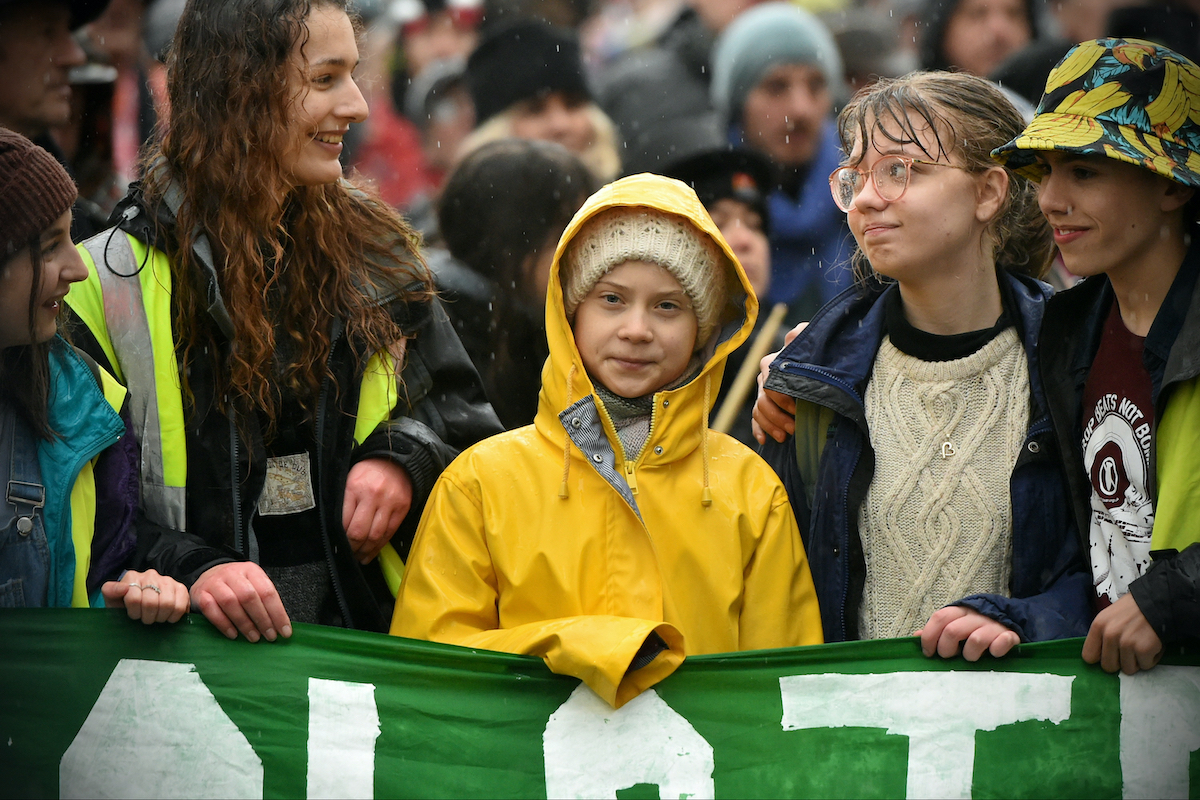
Despite this, a call for loss and damage compensation to those ravaged by the impact of climate change – such as hurricanes and wildfires – was not passed, but instead scheduled for discussion next year. Elsewhere, a commitment to protect natural habitats saw 130 countries pledge to end deforestation by 2030.
Finally, Cop26 was able to reaffirm the importance of the Paris Agreement, particularly in terms of pursuing 1.5 ̊C rather than 2 ̊C, and finalised the Paris Rulebook – the guidelines for how the agreement is delivered – after nearly six years of discussion.
“We can now say with credibility that we have kept 1.5 ̊C alive,” Sharma said after the conference, before adding a stark warning: “But, its pulse is weak and it will only survive if we keep our promises and translate commitments into rapid action.”
While it is yet to be seen whether the Glasgow Climate Pact will prove a meaningful commitment or, as Greta Thunberg put it, more “blah blah blah” from world governments, the world can only hope it will be more than a lukewarm attempt to resolve the rising heat of climate change.







